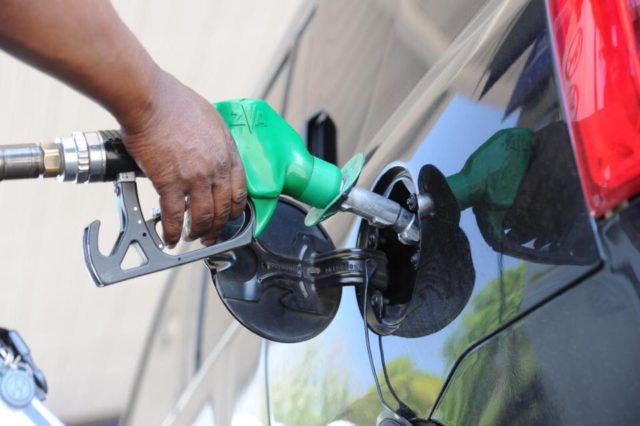There is no imminent shortage of liquid fuels in South Africa, the Department of Mineral Resources and Energy said on Wednesday.
THERE is no imminent shortage of liquid fuels in South Africa, the Department of Mineral Resources and Energy (DMRE) said on Wednesday.
This was in response to the concerns raised by the Liquified Fuels Wholesalers Association (LWFA) about the imminent shortage of liquid fuels in the country.
It was reported last week that the LWFA was worried that South Africa might face “fuel shedding in the future” if it did not implement the Moerane Report recommendation of 2006 to keep 90 days’ strategic stock.
Peter Morgan, the CEO of the LWFA, said in an interview with Business Report that the DMRE and the liquid fuels industry needed to get together and agree on who would pay for the strategic stock and how much and where it would be held. Morgan said that he believed the recommendation had not been implemented because there was no political will to do so.
At the time, and after repeated requests for comment, the DMRE had failed to respond.
However, the DMRE said in a statement on Wednesday: “The DMRE would like to assure South Africans that there is no imminent shortage of liquid fuels in the country, and predictions made by the LFWA are very unfortunate.”
The supply chain of the petroleum sector in South Africa was resilient even as the disruptive geopolitical war in eastern Europe rages on, it said.
The DMRE said it engaged the industry on a weekly basis on supply issues and would seek clarity from the LFWA on its comments.
“Over a number of years, the government deliberately enabled investment in fuel import terminals when the reliability of existing petroleum refineries was in question. These import terminals provided the back-up to existing refineries and this has proven to have been a correct strategy as refineries close. The import terminals throughout the country’s ports are able to ensure security of fuel supply,” it said
In addition, major investments had been made by both Mozambique and Namibia which further strengthen the region’s fuel supply position.
Rod Crompton, a visiting adjunct professor at the Wits Business School’s African Energy Leadership Centre, said that the Moerane Report pointed out that about 60% of South Africa’s refined product demand was in the inland market, not at the coast.
“Consequently, it would make more sense to hold strategic stocks of refined products, rather than crude oil, and to hold them somewhere in the inland market rather than at the coast. This recommendation has never been implemented,” Crompton said.
Meanwhile, Saudi Arabia’s energy minister, Prince Abdulaziz bin Salman, said this week that some countries were using their emergency stock and using it as a mechanism to manipulate markets, when its purpose should be to mitigate any shortages of supply, Reuters reported.
“It is my duty to make clear that losing emergency stocks may be painful in the months to come,” the minister said addressing the Future Initiative Investment conference in Riyadh.
US President Joe Biden announced a plan last week to sell off the rest of his release from the nation’s emergency oil reserve by the year’s end, and begin refilling the stockpile as he tries to dampen high gasoline prices ahead of midterm elections on November 8.
– BUSINESS REPORT








